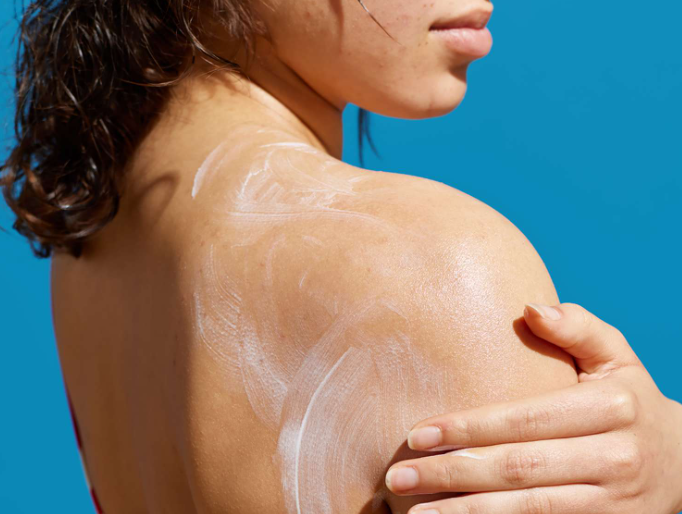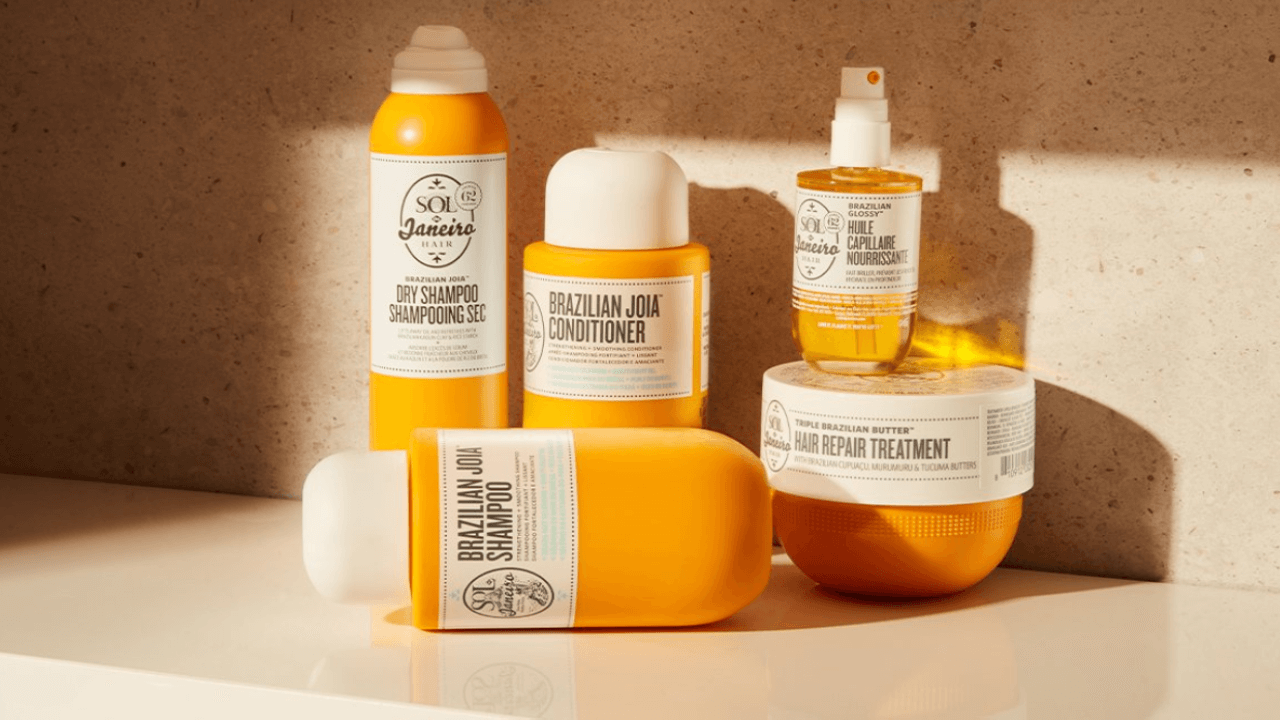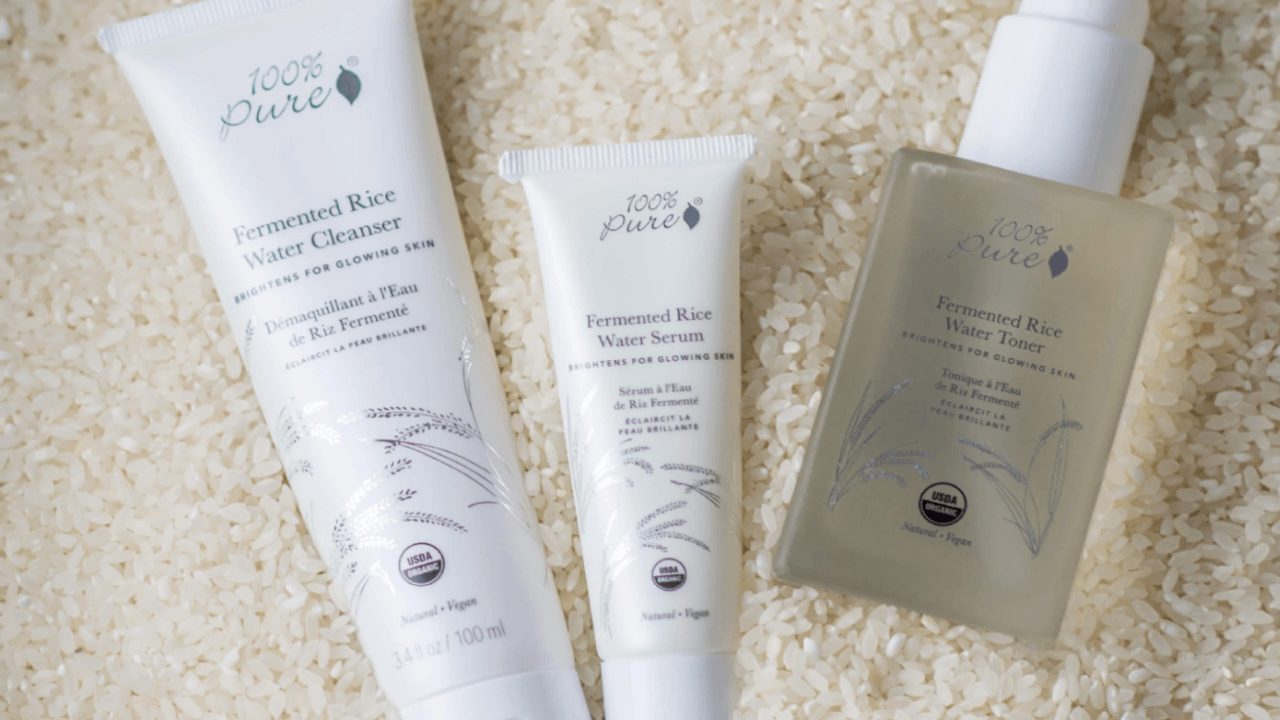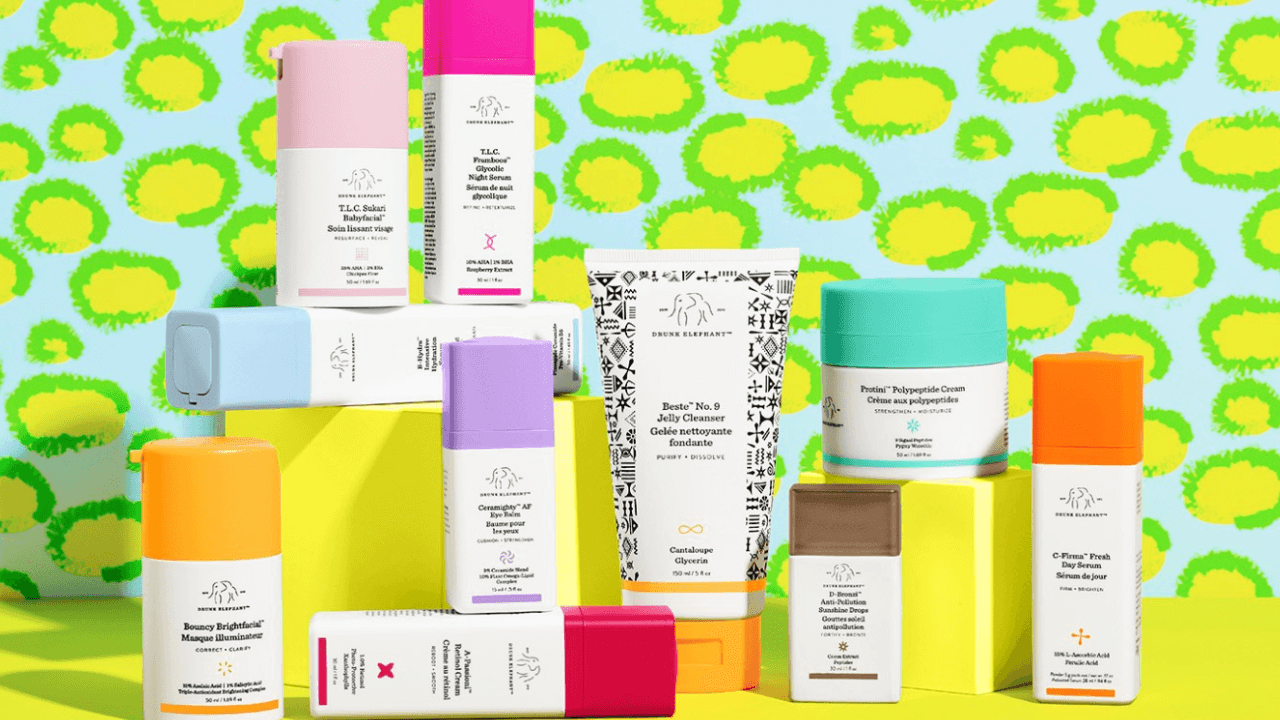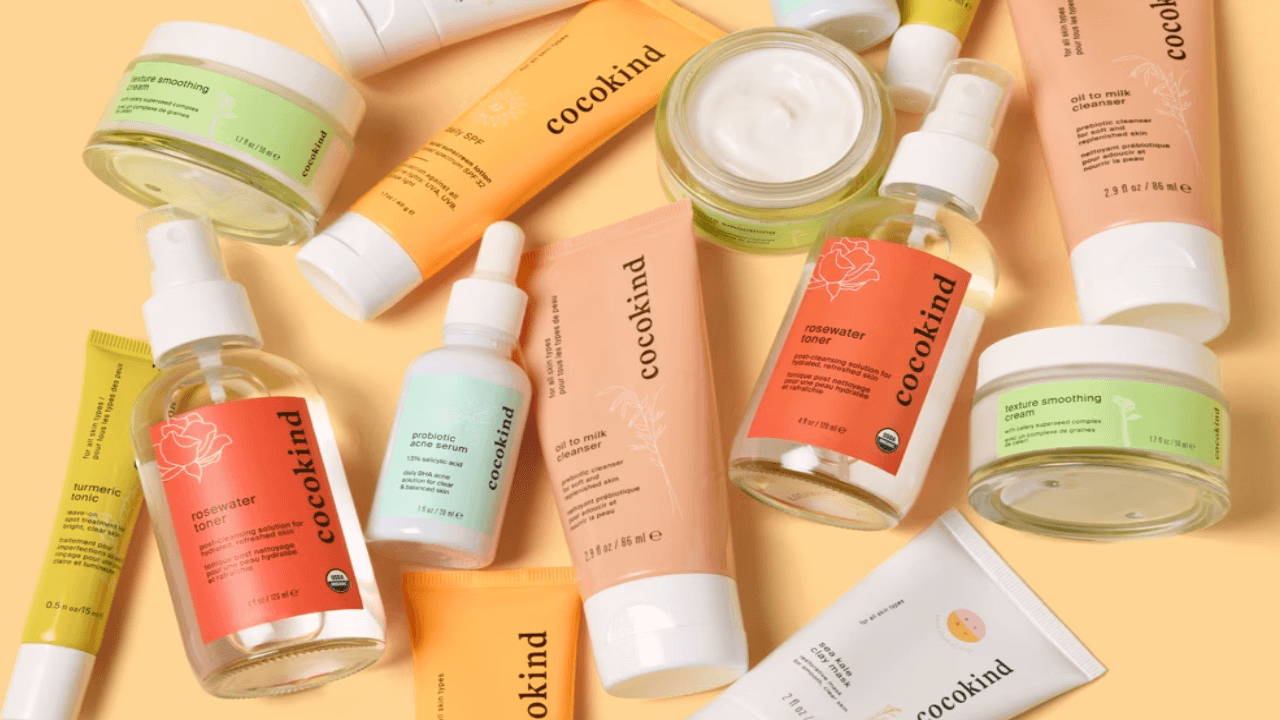Things To Consider When Buying Sunscreen
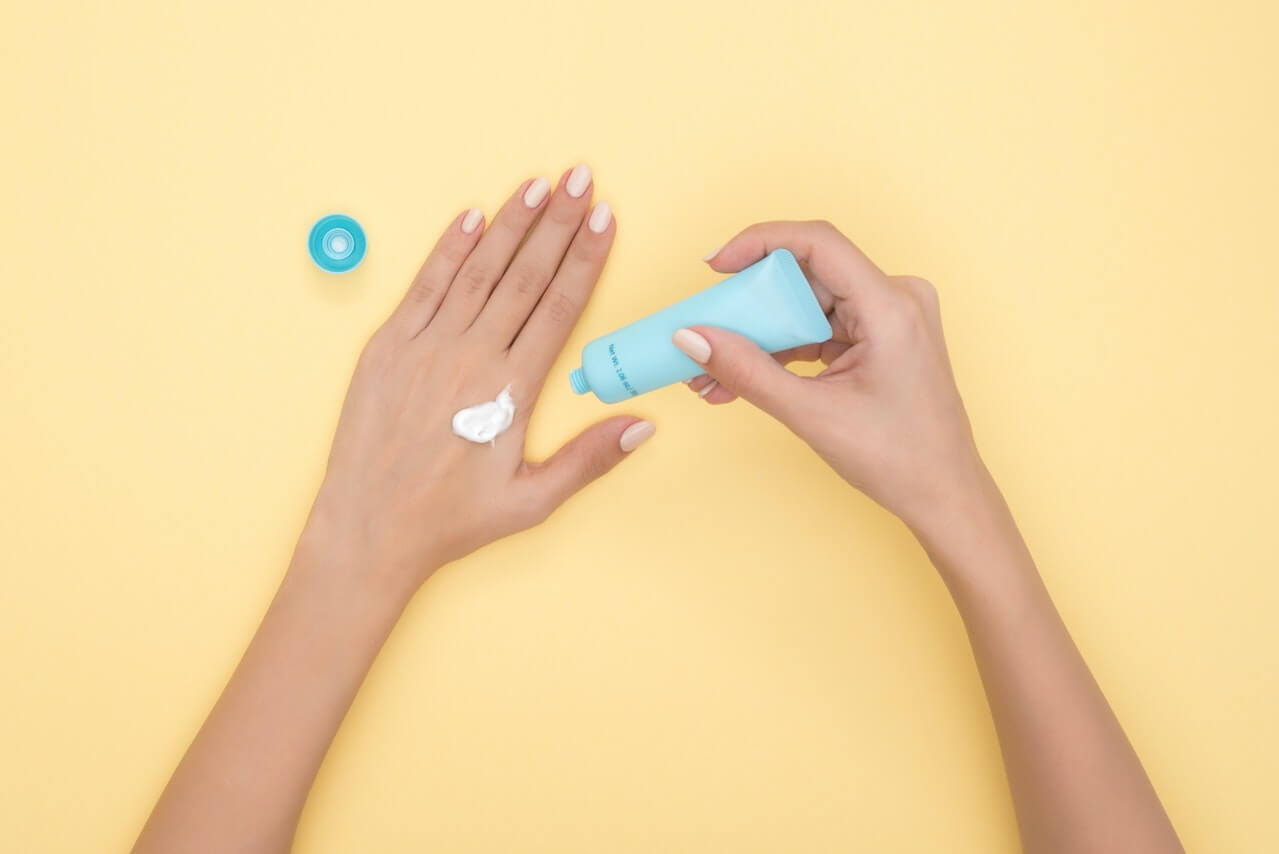
Choosing the right sunscreen isn't just about grabbing any bottle off the store shelf; it's a decision that deserves some thought. The packaging or name alone won't guarantee that it can shield you from the sun's rays. It's essential to have a sunscreen that offers protection both in and out of the water and doesn't leave your face feeling greasy and white or cause skin irritation. So, consider these crucial factors before you rush out to buy sunscreen.
Things You Should Consider When Buying Sunscreen
Keep a few things in mind when searching for high-quality, broad-spectrum sunscreen.
Understanding Your Skin Type
When hunting for top-notch sunscreen, consider your skin type. Numerous sunscreens are tailored for dry, oily, or sensitive skin types. Dermatologist Michael Shapiro recommends ingredients like glycerin, lanolin, oils, silicones (like dimethicone), and aloe for dry skin—oily skin benefits from lightweight or gel lotions containing silica or isodododecane. Mineral sunscreens with titanium dioxide or zinc oxide are gentle on sensitive skin. Avoid preservatives and alcohol.
Optimal SPF
Choose SPF 30 to 50 to protect against the sun's harmful UVA and UVB rays, which can cause skin cancer, wrinkles, and sunburns—fair-skinned individuals and those prone to burning benefit most from higher SPFs. However, there's little difference between SPF 15 (93% protection) and SPF 30 (108% protection). SPF 50 is recommended for fair skin, but using an SPF higher than 50 doesn't provide additional protection.
Check The Ingredients
Inspect sunscreen ingredients for quality and coverage. Look for "broad spectrum" on the label to safeguard against UVA and UVB rays. Mineral sunscreens use zinc oxide and titanium dioxide to reflect sunlight. Chemical sunscreens contain compounds like bemotrizinol and avobenzone. Avoid oxybenzone and methylisothiazolinone, which cause skin reactions and disrupt hormones.
Incorporate Sunscreen Into Your Routine
Make applying sunscreen part of your daily routine, even if your foundation has SPF. Apply sunscreen before or after makeup, and consider a protective moisturizer. Use about a quarter-sized amount on your face, neck, and ears. Wipe off any excess and ensure your hands are clean before applying makeup.
Reapply And Stock Up
Most people don't reapply sunscreen later in the day, but it's essential. Use at least one ounce of sunscreen (the amount that fits in your palm) for adequate coverage. Reapply every two hours. Sunscreen has a shelf life of two to three years, so stock up if you spend a lot of time outdoors.
Choose A Sunscreen You Like
Select sunscreen you're comfortable wearing; you're more likely to use it consistently. Consider extras like shimmer, tint, or fruit extracts for added appeal. If it feels good on your skin, you'll be more motivated to apply it regularly. Some setting sprays offer sun protection and can be reapplied throughout the day to refresh your makeup and shield your skin.
Conclusion
In conclusion, the right sunscreen is your key to sun protection. Consider your skin type, SPF level, ingredients, and personal comfort to make a wise choice. With the right sunscreen, you can enjoy the sun while keeping your skin safe and healthy.
